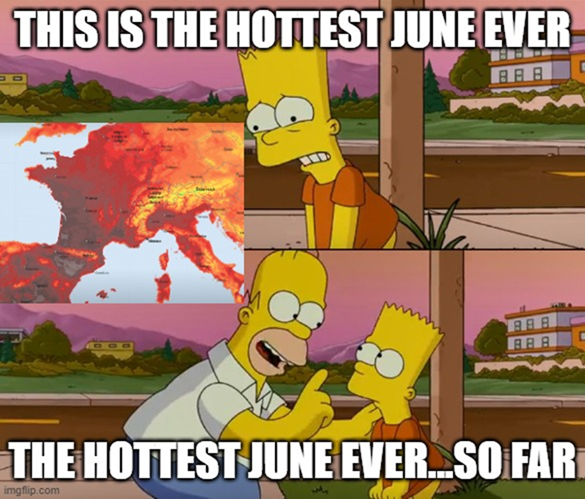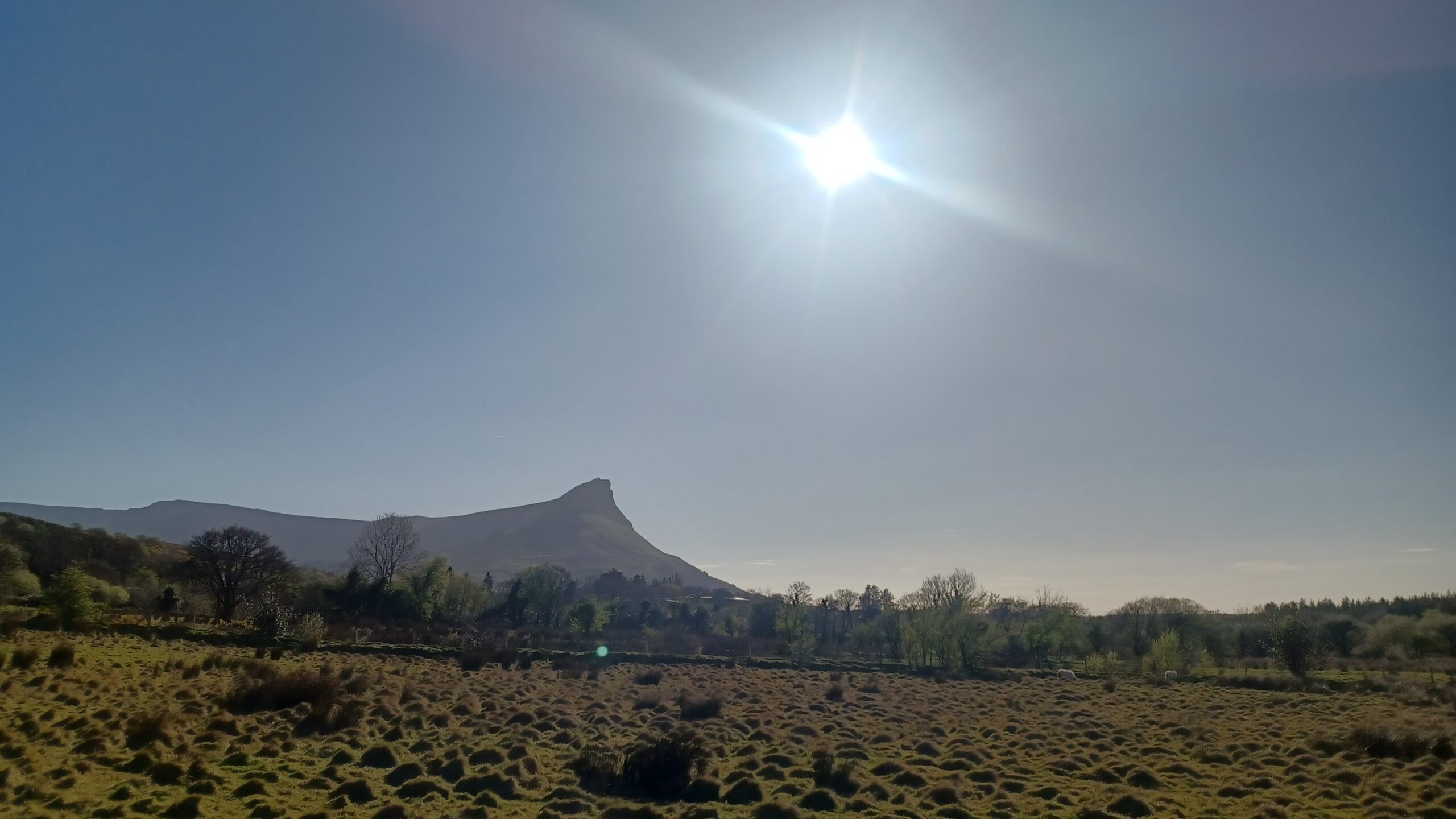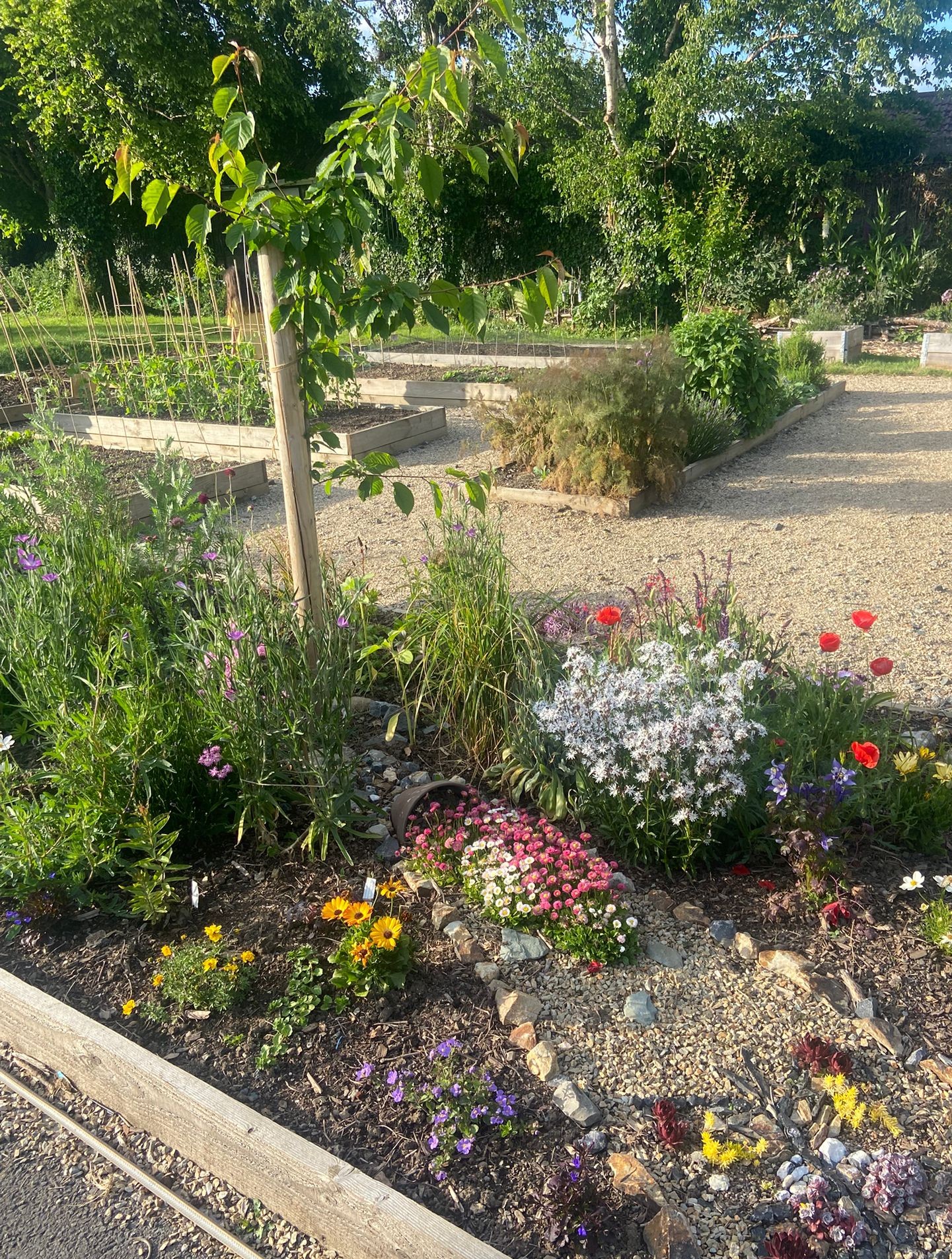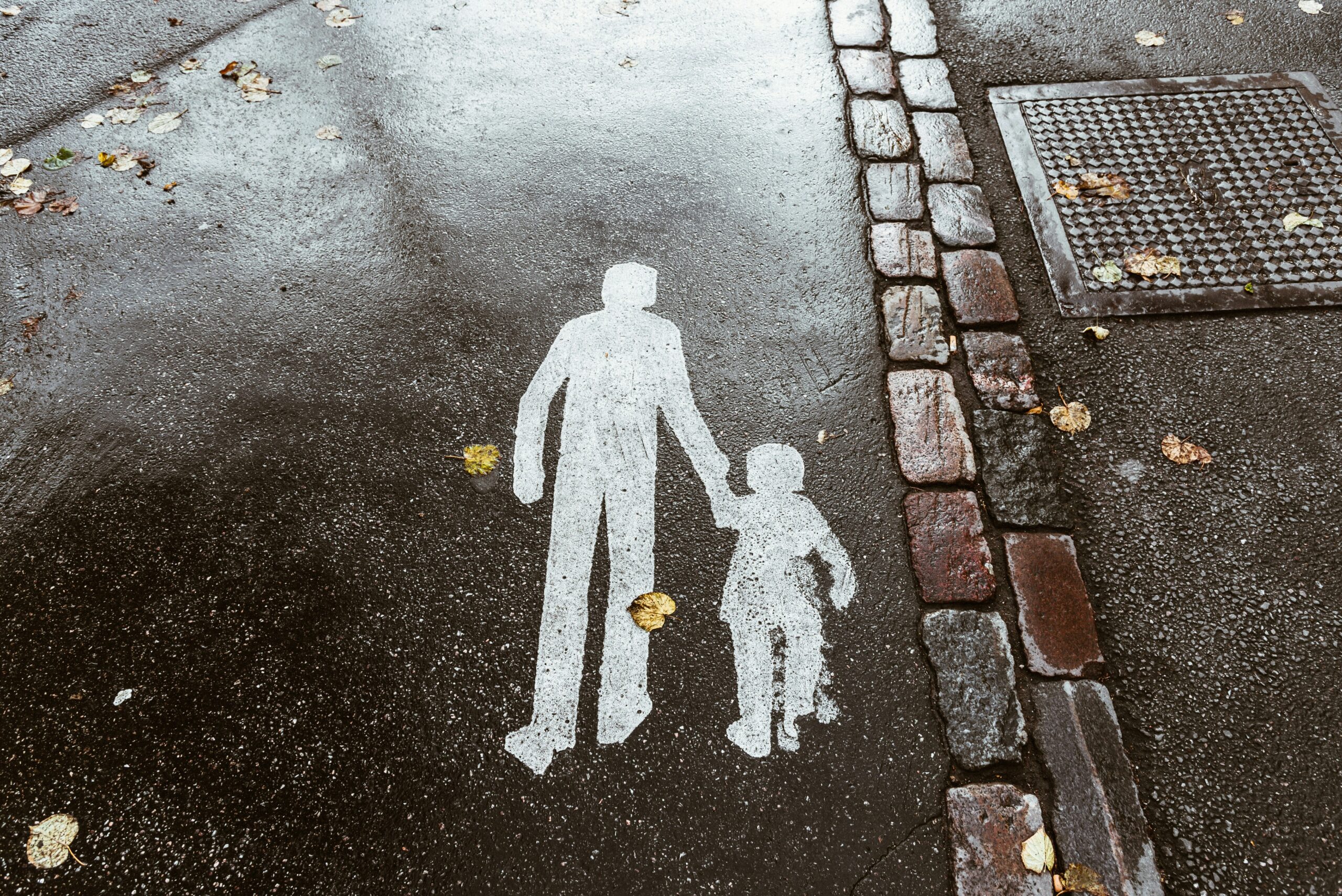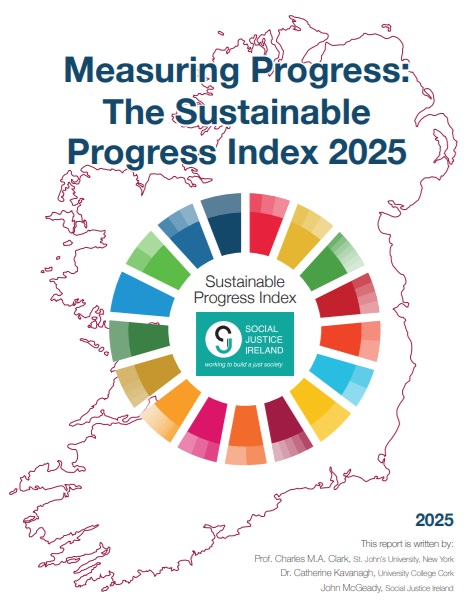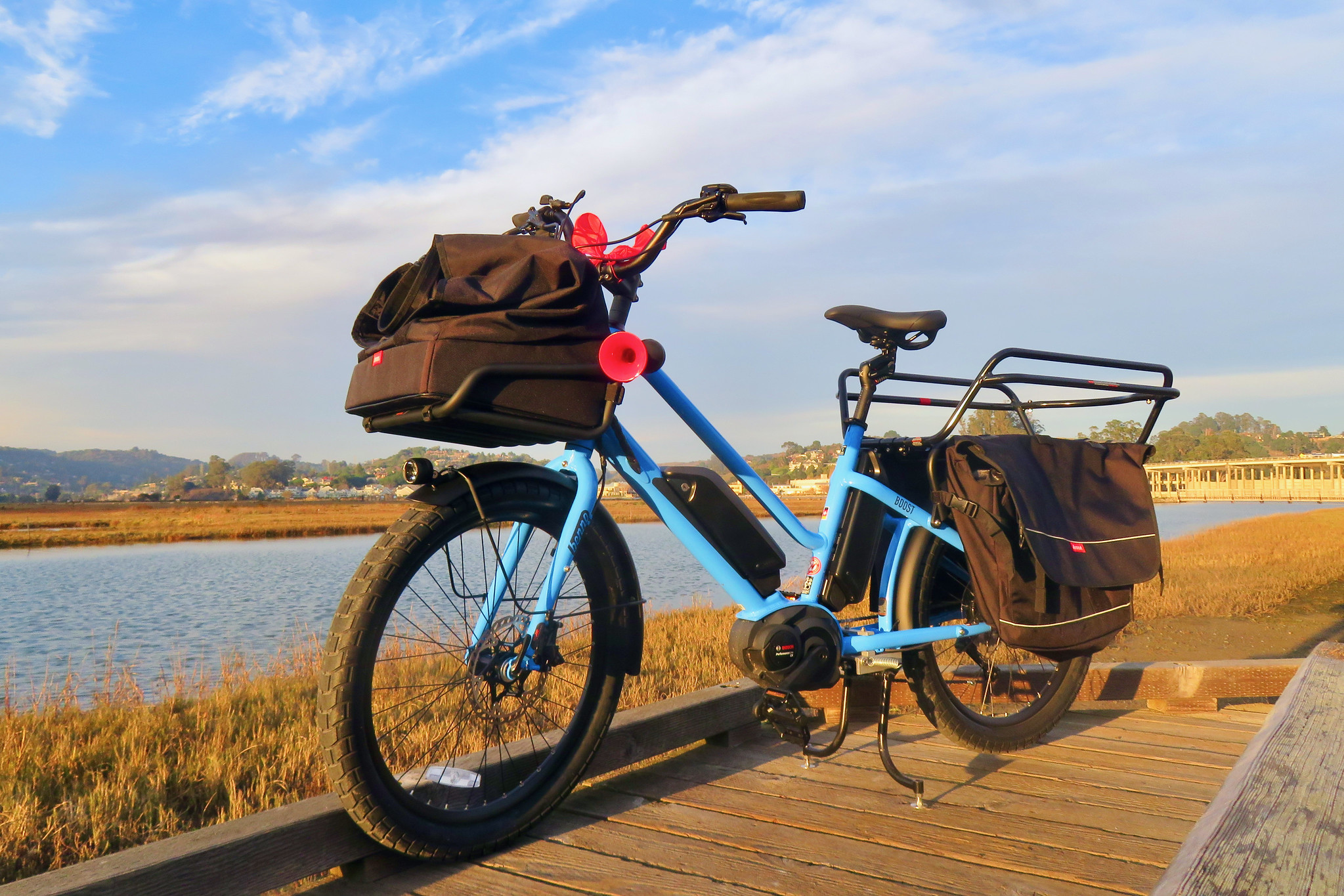
Working with nature to reduce flooding
In Manchán Magans’ book “99 words for rain (and only one for sun)” he effortlessly evoked the prevailing weather system in Ireland. Rain is one of Irelands defining features and it is responsible for our description as the Emerald Isle. All this to say that we are used to rain in Ireland – but not… Read more »


